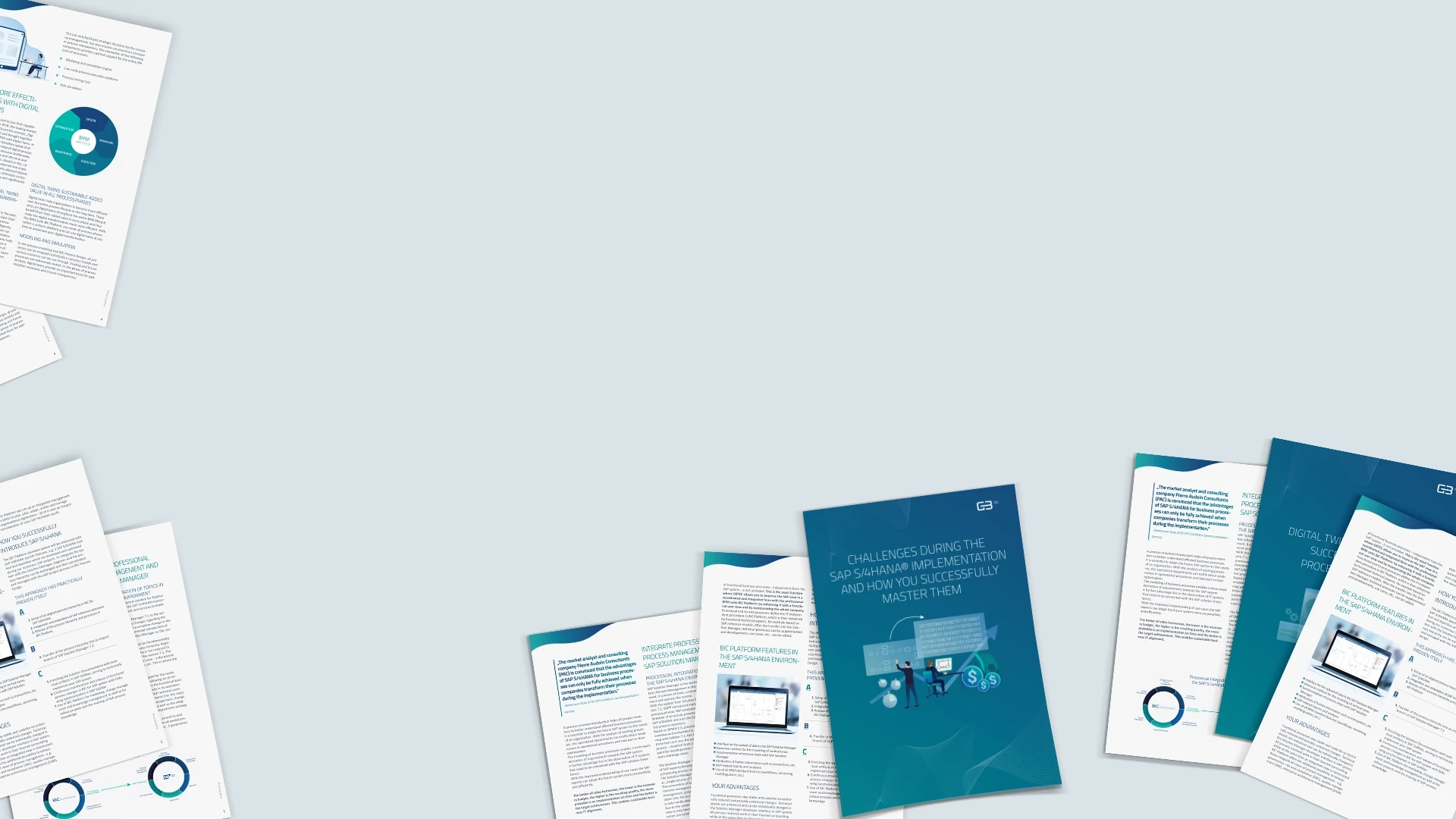BIC Process Design
Understand & Transform
Supercharge your business operations with the most intuitive AI-powered BPM software.
It seems that you come from a German speaking country. Here you can change the language
EnglishThe term quality management (QM for short) is familiar to many, but what is it about and why is it mandatory in some industries and companies?
Economic developments and the constant change in the world of work present companies with the challenge of rethinking and changing themselves and their strategies. So if structures, processes and activities are consequently optimized, we have arrived at the topic of QM. Learn everything about quality management in this whitepaper. What principles is QM based on and what quality standards are necessary with regard to ISO certification?

Excerpt
In many industries, such as the automotive and healthcare industries, quality management (QM for short) is mandatory. However, companies from other sectors benefit from it as well, as the companies that have not yet implemented QM are losing time and money on a daily basis. Do you know why? Companies often lack structures, transparency and goal-oriented processes to achieve optimal workflows and quality goals - in short, QM. But what is it really about, what are the benefits and how do you implement a QM? In this whitepaper, you will find the answers to the most important questions about quality management.
With our helpful steps for the introduction of a QM system, you will learn which basic tasks must be performed in the company in order to implement QM sustainably and profitably in the company.